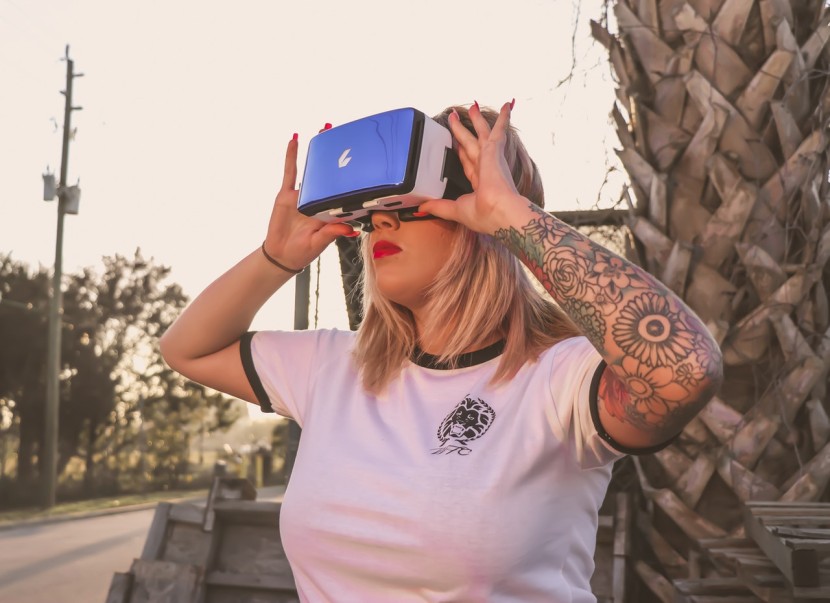
Technology shapes the world we live in and the tourism industry is not escaping this fact. You used to have to walk into a holiday agency or call up the airline company in order to start the ball rolling for a holiday booking. Now, you simply check live prices on your phone, browse and compare flights and within a few clicks, you've got a flight, hotel in someone's spare room and water park tickets all booked with the tickets in your inbox. Here are some of the ways that travel may change the way we travel in 2020.
Face recognition
Face recognition has many uses, but generally, biometric technology is predominantly used in security and identification. There have already been cases in airports in which you can walk up to a face recognition machine and it will display your flight information to you, as it has both sets of data stored in a relational database.
In 2020, we could see passports as being redundant. The World Economic Forum is putting forward the idea of having the passport chips in our phones instead of a separate document. This would place further importance of face recognition as a substitute for checking passports - though this is already happening in many airports where you place the passport picture into the machine.
Transparency
In a world where we're all connected and danger is always around the next corner, technology is increasingly giving us transparency when travelling. A great example of this is that in 2020, many airports (particularly in the US) are implementing live update feeds of the security queues for those who are boarding that day. This could cut down on the number of people who arrive too late to get through security, like if there's been a bad day of delays.
VR
Virtual Reality seems to have its hand in everyone's business at the moment, in a time where we still haven't anticipated the full scope of its potential. One strange but very real application of VR going into 2020 is Virtual Holidays. This means that consumers can pay to go on a 360-degree interactive holiday that doesn't really exist in material terms. Tourism companies are providing the opportunity to fly to any destination you wish, virtually, and walk around real photo footage of hotels. This could be a marketing ploy by top hotels to give a taster of the experience in their hotel. After all, many of us would be tempted to dip into their lobby and check out the rooms on a virtual headset before booking.
Volocopter
The German-engineered Volocopter is essentially a flying vehicle, like a large drone, that can seat one person. This may not sound like an optimized way of transporting people, but this air taxi has flown for the first time in late 2019. Whilst the future around the Volocopter is uncertain, this shows a very possible means of transport for people to get across to different cities in an automated fashion. There will no doubt be competitors, and the likes of Tesla's self-driving cars could also spell a situation where electronic, automated taxi services dominate the way we travel. With train track systems in most countries being centralized, such decentralized, innovative and privatized competition could manifest in electric taxis being the efficient way to travel.
© 2025 HNGN, All rights reserved. Do not reproduce without permission.








